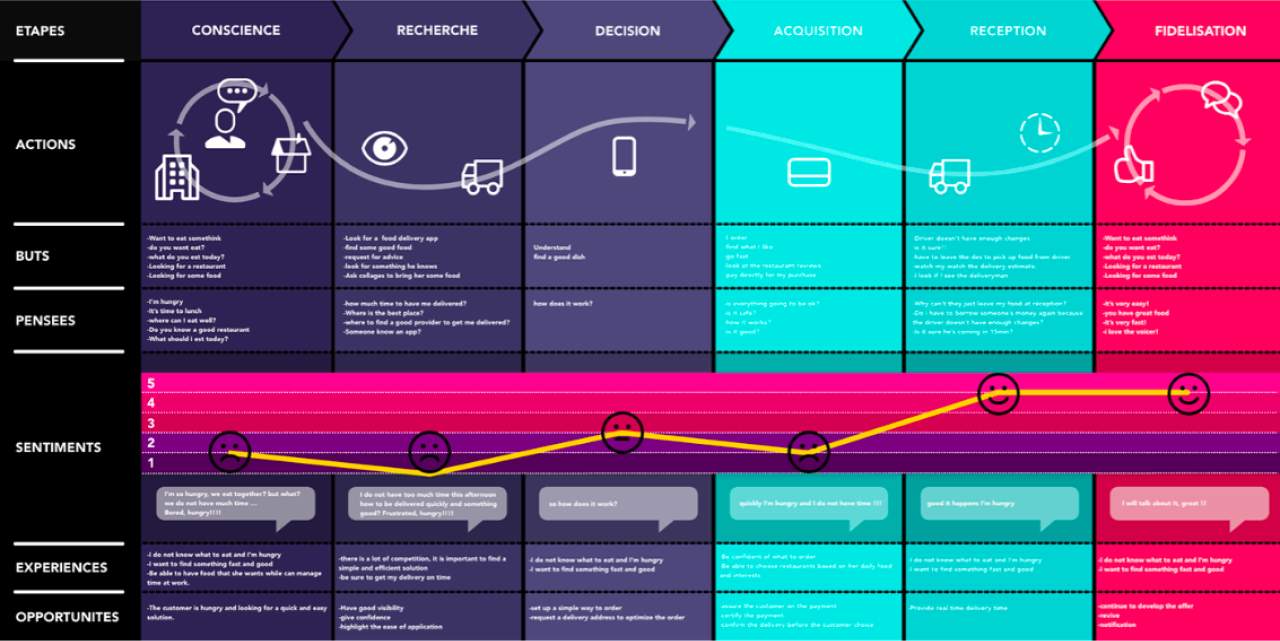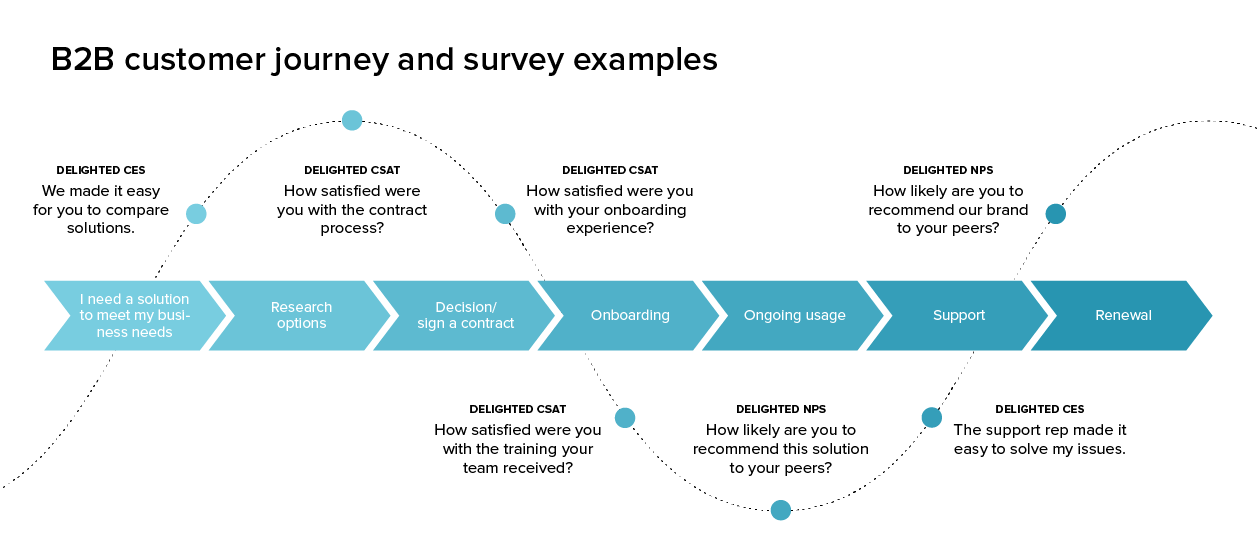It always comes down to beating the competition and staying ahead within the jungle that is New York City business environment. In that regard, it has become “the game-changer” for business owners who would like to bring in high-level experience without being burdened with overhead of having full-time executive positions. With access to the experienced professionals through part-time or project-specific requirements, fractional leadership allows flexibility, cost efficiency, and a need for acquiring highly specialized skills. In this blog, we shall discuss applications’ benefits and answer some of the frequently asked questions about services offered by fractional leadership in New York City.
Benefits of Fractional Leadership Services
Fractional leadership is one strategic choice that every business size has today. The main benefits of the fractional leader model include the following:
1. Access to top talent: By choosing fractional leadership, organizations have a well-known, quality talent pool at their disposal to offer leadership for decisions and strategies.
2. Cost-effective expertise: Full-time executive recruitment is quite costly. In comparison, fractional leadership brings similar levels of quality with reduced costs.
3. Scalability: Such business organizations bring fractional leaders as per projects they have undertaken to grow up further, phase-by-phase growth transitional, or can easily scale in response.
4. Fresh Perspectives: Having an outsider, such fractionate leadership enables outside or third parties provide new insights through solutions they contribute. These organization might, easily handle or overbalance to their adversities.
Engaging Fractional Leaders in NYC – When
The following are crucial for knowing the exact time one is supposed to utilize the fractional leadership services and most common conditions they can apply as follows.
- Startup Growth : They need advisory and guidance regarding fund-raising, the scaling up of operations or penetrating a new market during their process. Business transformation; this implies merging, especially mergers, which means digital changes are some forms that require more involvement of fractionary leaderships.
- Absence of leadership skills: Where the skill sets like CFO, CMO, or CTO is missing, the fractional leader fills up that gap.
- Crisis Management: With skills in crisis management, the fractional leader helps the companies to sail through stormy periods with the least turbulence.
How Fractional Leadership Works Fractional leadership services involve a part-time executive who joins your team for a period or on a project basis. They will be assimilated into your organization, aware of your goals, and start implementing specific strategies towards measurable results. The most popular roles include the Chief Marketing Officer (CMO), the Chief Financial Officer (CFO), and Chief Technology Officer (CTO).
Conclusion
Fractional leadership services are strong for businesses within NYC who intend to succeed under the current competencies. This can go from the old experienced leaders up to affordable and flexible arrangements. Still, maximum use can be achieved with minimum wear and tear on resources. Anything from a startup business, small, or even an enterprise type, fractional leadership can be held as a viable key to steady growth and innovativeness.
FAQs
1. What is fractional leadership?
Fractional leadership refers to the usage of experienced executives on a part-time or project-specific basis in filling up the leadership positions rather than hiring in full-time.
2. How much does fractional leadership cost?
It’s role-specific, skill-based, and engagement-specific but generally more economical than hiring in full-time.
3. Which industries can use fractional leadership?
Fractional leadership is really flexible and, therefore, can be very efficient in tech, finance, health care, or marketing fields.
4. Choosing the right fractional leader
Examine the track record of his experience and knowledge of your industry and try to track his record to support your business in gaining objectives.












